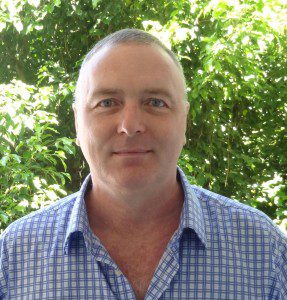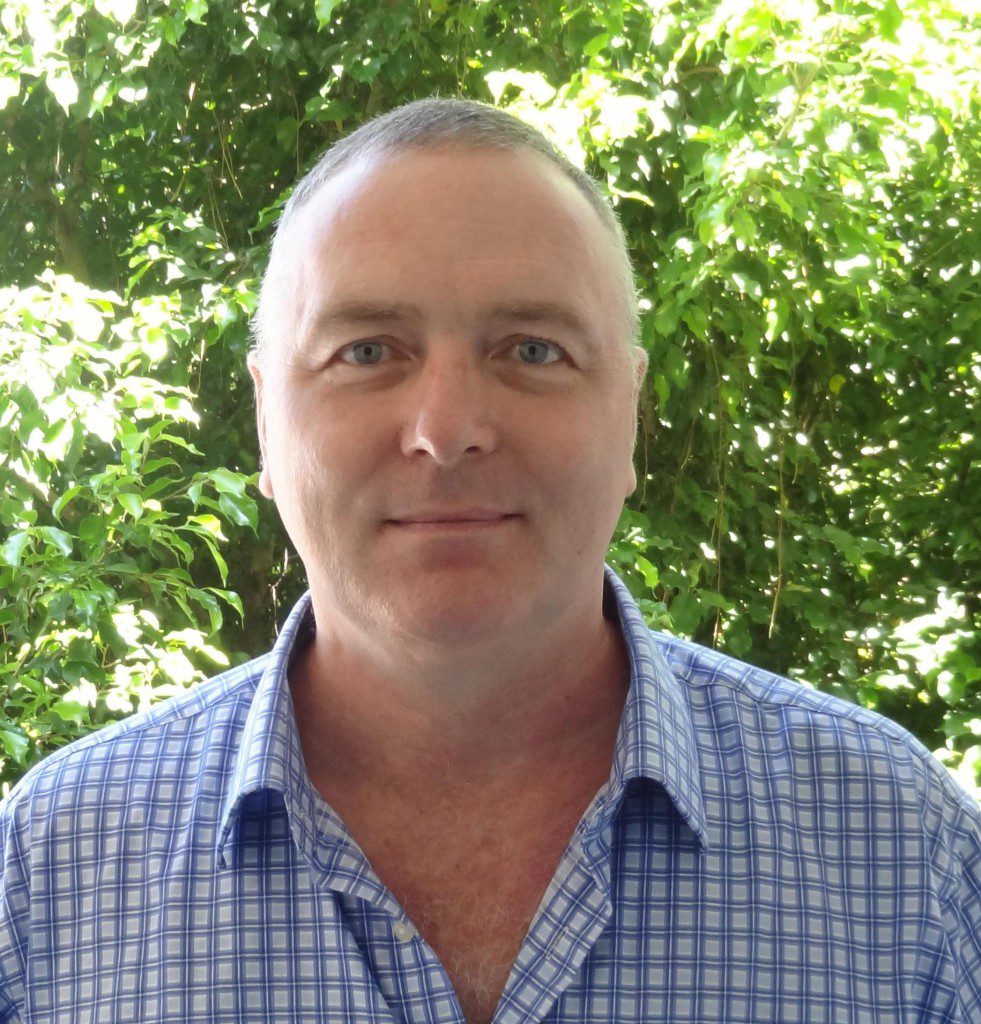 Tell me how you got started.
Tell me how you got started.
Growing up in a military family I was fascinated by the Cold War as a child and, following a circuitous route, eventually ended up as a Naval Officer in the British Royal Navy which is where I developed an understanding of defense politics and international relations. As a boy, I used to work in the UK fishing industry and gained a love of the sea at an early age which led me to study Marine Biology and Fisheries Development before working in development in Africa, Asia and the Caribbean before my military service. Following secondment to UN and NATO for military peacekeeping duties in Bosnia and the Democratic Republic of Congo, I joined the UN as a civilian performing DDR, SSR, peacekeeping and peacebuilding roles over the past 10 years in Africa and Asia.
What interests you most about what you’re doing now?
It’s having the chance to support people, to give them the possibility to achieve their potential either as individuals or as part of a nation. I am driven by being able to serve those who could genuinely benefit from my experience and knowledge.
What’s been your biggest accomplishment?
Aside from being the father of two small children? Advocating, and ultimately succeeding, in Liberia within the DDR [disarmament, demobilization, reintegration] programme to get women, the disabled and children into the national DDR programme without having to surrender arms or munitions. This has since become standard practice in the UN as previously UN DDR programmes were biased towards people who surrendered a weapon. The conundrum was that women, disabled or injured combatants and children in a given fighting force were often disenfranchised by their own side who would distribute weapons to cronies prior to the UN disarming the group. Therefore many true fighters would not be correctly demobilised or benefit from economic, political and social reintegration support. Similarly, it is common for weapons to be shared amongst fighters and hence, if for example, one man and one woman shared one rifle, the man would traditionally use the weapon as a means of entering the DDR programme. The woman in this example, not having a weapon to surrender, would not benefit from any DDR support. Therefore, by allowing women (and other groups involved in combat) to enter the Liberia programme without surrendering a weapon, the differential effects of war upon both genders was addressed more comprehensively. A greater number of people were demobilised and a more holistic approach to reintegrating the many diverse members of armed groups was facilitated thus supporting more sustainable security and reconciliation.
Upon occasion this led me to being called an ‘honorary African woman’ which I found slightly embarrassing at times but nonetheless a very satisfying title.
Biggest challenge?
Delivering my best efforts in the UN despite the challenges of some burdensome bureaucracy and unmotivated managers at times.
Who or what inspires you?
Brave and selfless people. Colleagues who are prepared to swim against the tide to do the right thing for the client regardless of the comfort level.
Why is peace sexy to you? What does “Peace is Sexy” evoke for you?
Because everyone wins from peace. The phrase ‘peace dividend’ implies this and I believe that the majority of any society can see the benefits of peace to themselves, their families, their communities and to the global, economic, social and environmental well-being of others. Without the possibilities for improved peace in people’s lives, aspirations become limited, hopes are dashed and the world cannot flourish or move towards achieving its potential.
What is a simple thing you do to create peace? What is something you do everyday?
Pass on my knowledge and experience by ensuring that I empower my colleagues and counterparts alike. I try to advocate that everyone should realise that she or he has the power to become an ambassador for peace. If future generations feel like they have a voice, then it’s a step towards peace.
How would you like Peace is Sexy to make a difference in what you are up to?
I think that any such organisation has the potential to advocate for simple, achievable and low-technology, grassroots peacebuilding initiatives that could become great ideas for larger practitioners and donors to fund and develop. If Peace Is Sexy could say come up with a unique, bottom-up, community-driven idea that improves local people’s ability to help generate peace in their own post-conflict societies, that would be a great start. I therefore recommend that Peace is Sexy work with the existing NGO peace network in this way.
Where would you like to see your passion go in the next 10 years? 20 years? 100 years?
Since my Mum was a painter, one of the things I do with any spare time is paint. I always volunteer for a local charity when serving overseas and hence I have taught painting to several children’s charities over the years including one in Sri Lanka that I’m working with right now. Doing this sort of thing helps me personally in many ways. Not only do I get to understand more about the local culture and receive a sense of doing something worthy with my knowledge, but it also helps me shrink the UN ego and get my feet back on the ground. I’ve also been a sports coach and volunteered for other charities in that way, although I have to say that my knees are creaking far too much these days to make me particularly effective anymore. However, I think all UN personnel should do some kind of volunteering when posted overseas and it should be recognised as valuable for career advancement… and I hope one day to find a way to fund and incentivise UN staff to do it!
Is there anything else you want to tell us?
Since my paintings are often created during my time spent overseas working in peacebuilding, if people would like to see my paintings they can be viewed at: www.clivejachnik.com. I donate a percentage of the income I make from selling these paintings to the charities I work with. May Peace Flourish!

